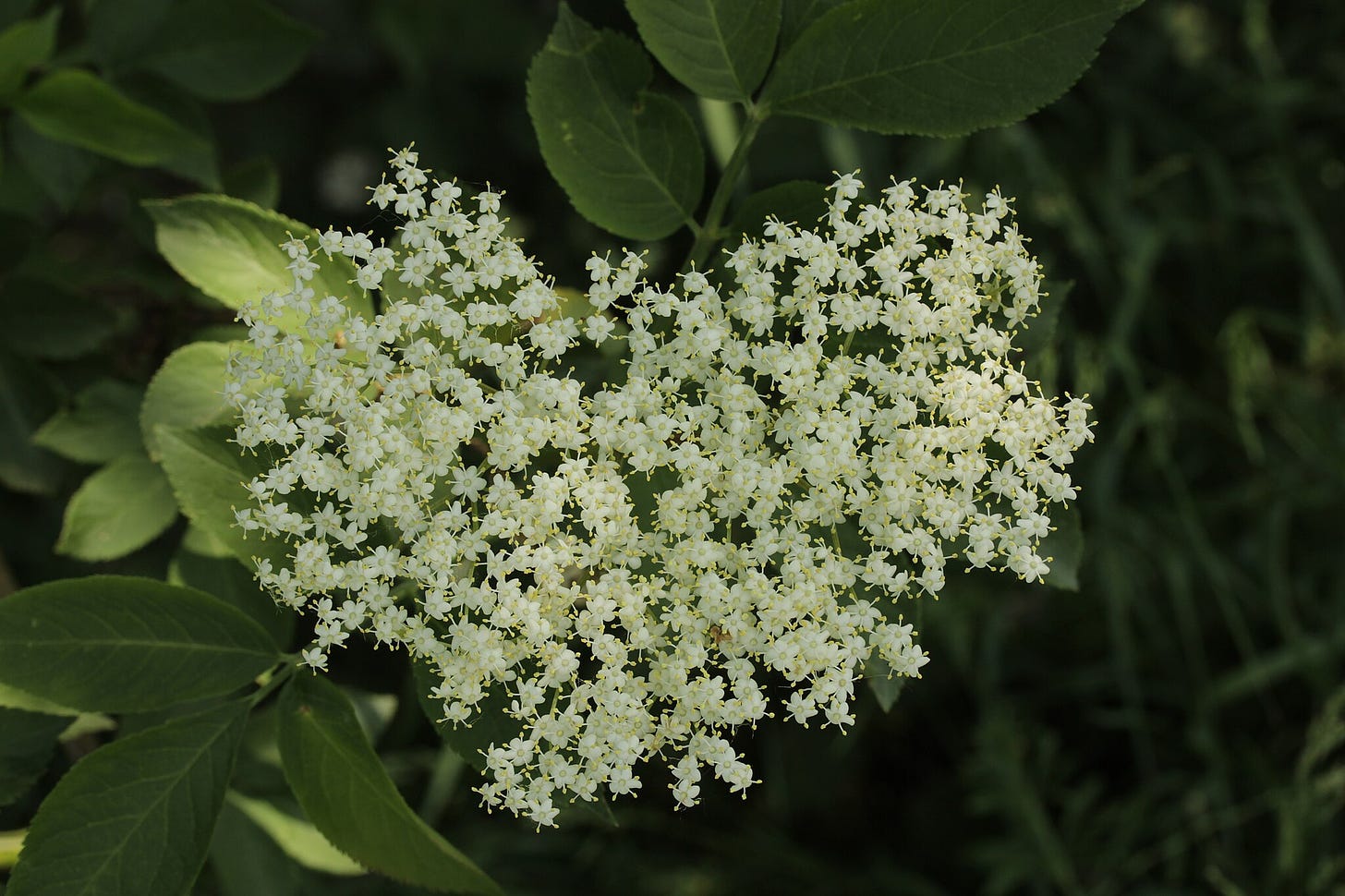Wild foods are seeing a surge in popularity, thanks in part to figures like Alexis Nelson and Pascal Baudar, and to concerns about food security in the wake of supply chain issues and our increasing awareness of climate change. But our relationship to wild foods, and who has access to them, are both in dire need of a change.
Since the Industrial Revolution, westerners have become increasingly detached from wild foods and wild spaces, and after generations of separation, it is easy to miss the forest for the trees. Some foragers apply individualist and consumerist mindsets to gathering wild food, viewing it purely as a product to consume, disregarding the impact their behavior might have on the landscape around them.
In the Appalachians, for example, some folks rip up patches of ramps by the roots, turning the once-abundant wild leeks into a relatively rare sight.
Our frayed connection with wild foods also makes it easy to overlook the history of who is allowed to access wild spaces and the edible plants that grow there. Indigenous and Black communities have both been the target of laws forbidding access to wilderness, laws rooted in slavery and Indigenous genocide but which reach into the modern day.
Even our concept of wilderness itself is a colonial concept, envisioning "wild" spaces as ones completely unsullied by humans.
As Dr. Jeffrey Darensbourg recently told me in a conversation, this erases Indigenous communities and their very real labors in stewarding the spaces we today consider "untouched." Viewing the wild as separate creates other issues, too: When wilderness is separate and definable, it becomes easier to deny or control access to that defined space. And, when wilderness is seen as "over there" somewhere, it's never here: In other words, viewing part of the world as natural and wilderness, and part as not, means we never have to define ourselves as being part of the wilderness too.
These contexts, of unequal access and unsustainable foraging, beg us to reconsider what the present and future of foraging might look like. What if we see foraging as interconnected across social and ecological contexts? What if our foraging practice was rooted in tradition, sustainability, and equity? In other words, what if we allow ourselves to become part of the ecosystem rather than seeing nature, and often-appropriated foraging traditions, as resources to exploit?
I've been thinking of readings and resources that inspire connection to the land as being (rather than land as resource) and that can help us consider how our social justice work can be applied to access to wild spaces and to our relationship to the land in general. And, of course, to root that work in an acknowledgement of history and with an eye towards the equitable, stewardship-driven future we want to build.
Below are just a few: What would you add?
You're probably familiar with Alexis Nikole Nelson's work (@blackforager): But if not, she does a beautiful job of connecting folks with the fun and playfulness of foraging while also tackling major issues (like the racist history of land access) that most foraging educators and influencers don't.
Darensbourg's Indigenous People of Louisiana and the Oil Industry: An Ishak Reflection considers the impacts industries and policies have on communities that have existed in a place long before those industries and governments arrived.
To learn more about racism and public lands, see Public Lands are Not Neutral and two studies released last year by the National Parks Service on Black recreation, including one about segregation in Virginia parks.
To learn herbalism rooted in social justice and informed by ancestral practices and culturally expansive perspectives (rather than only western herbalism), Rowan + Sage's courses and membership, plus the information on her blog, is a wonderful resource.
On my to-watch list: This series on foraging that considers humans as just one of many species who forages, decidedly kicking us off our pedestal at the center of narratives around wild food and wild food consumption.
Alicia Kennedy's writing on mushrooms considers how an increased interest in foraging has shaped the landscape of culinary mushrooms in recent years.
Cultivating stewardship and responsibility means cultivating a sense of wonder and appreciation: We are more likely to steward and live in right relationship when we're doing so from love.
I love resources (like Alexis' videos, above) that center wonder and appreciation, because they help me create meaningful connections for myself and students and to hopefully inspire a deeper sense of love and stewardship in the people I share them with.
Some current wonder-making wild plant favorites include Jess Starwood's Mushroom Wanderland, and the absolutely stunning Foraging & Feasting,
And finally, on my to read list: What if We Get it Right? It’s a hopeful book on climate and future, that still asks us to participate in building that future.





